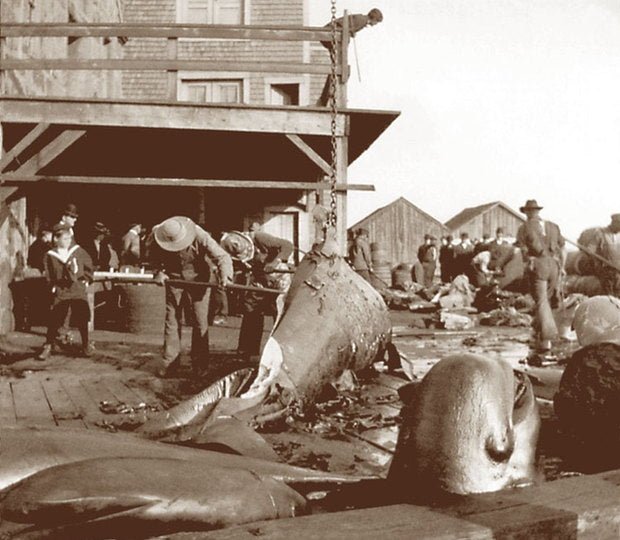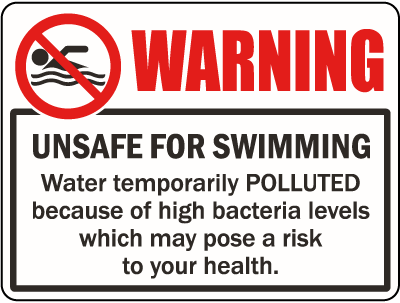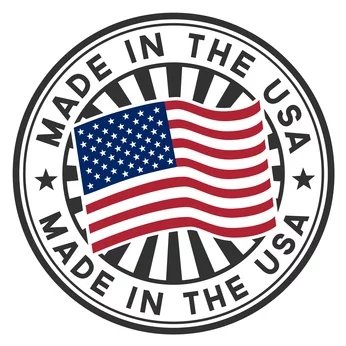
Altruism, Nihilism, Whale Oil and Learning from Tesla
If you lived in the mid 1700's and early 1800's one of your primary sources of lighting would have come in the form of a lamp fueled by whale oil. Can you imagine killing whales for fuel? It would seem almost unimaginedable today.
I find it interesting to look back through history to understand where we are today, and more importantly how to launch a company for the future. Case in point, I was reading an article on Whale Oil, and how market forces and government taxes shaped the end of the whale oil era, the article "The Whale Oil Myth", explains a back story, and in it, I see a correlation to many product life cycles, and the birth/death of industries. For instance they state:
We switched from wood to coal because Europe ran out of trees....We have learned to use less tin (tin cans) because of high prices. In general, scarcity or just high prices prompt technological change. We are farming salmon, shrimp, catfish, beef, chickens, etc. because there aren't enough wild animals to satisfy demand. So high prices are one source of changes in materials and energy use. A second source is technology. We didn't run out of kerosene or city gas - electric lights were superior. We didn't run out of horses - motor vehicles were superior. We didn't run out of hydropower to run factories, electricity and internal combustion engineers were superior. Thus, developing superior products and processes are another motive for innovation.
So it wasn't the switch to kerosene as a better fuel, it was the scarcity of whales that ended the use of whale oil and created the market for other fuels. But I wonder, what if you had an opposing view back then, you didn't believe in killing whales, and you knew one day we would deplete the resource, would you still have used whale oil for your home? Or would you have opted for another option? If so, how much more would you have paid? Would it be considered altruistic to sacrifice one's lighting in a statement of moral regard for whales?
And if you had a moral regard for a whale, but were in the minority, as nihilism trumped the moral regard, how would you communicate your thoughts and feelings to your fellow citizens, friends, family and children? At that point in history you would have been seen as a bit illogical to oppose the killing of whales. Regardless of the answer we all now know killing a whale for fuel is not just illogical because it's an unsustainable source, it's considered immoral by a vast majority.
And this is my dilema, I see similar challenges with clothing and the environmental impact, over the past couple of weeks since the change of the name from Ocean Watermen to PuraKai I have spent most of my time on product development. And I've been searching for the meaning and identity of the brand. One of the greatest boosts came from watching a movie called Manufacturing Stoke ($4.99 on iTunes). The film "explores surfing's greatest paradox: no other sport is as intrinsically linked to nature and yet a majority of the materials used are environmentally toxic."
That movie reinforced my belief that I'm not an outlier, there are many in the altruism camp, and it's this camp that can help shape new ways to perceive the decisions we make about products, in my case clothing. The movie, along with the book by Yvon Chouinard, Responsible Company, are the only voices I need to validate the launching of PuraKai, and more importantly the concept of Responsible Threads on a Mission.
The past couple of weeks I've heard from a lot of mentors and industry folks that you have to make comprises in order to launch a successful clothing brand. However making an organic shirt in Guatemala or China seems contrary to the spirit of PuraKai, while I believe, like the film makers of Manufacturing Stoke, that a majority of materials for surfing, and surf clothing, are environmentally toxic, I'm not sure how far on the back side of the bell curve I can go and still have a viable business to effect change.
In time PuraKai's identity and meaning will be revealed. Over the next couple of weeks I hope to be able to answer lots of questions, create the brands identity, learn where altruism and nihilism fit in, and how to avoid being platitudinous, after all the goal is to be different in a good way, not be another voice in the crowd of eco-consciousness. I'll be looking to the past for reminders of how buying habits have shifted based on new information, as perception is reality for the altruistic and the nihilistic.
Lastly those of us who are on the more altruistic side of eco-consciousness should be stoked about the announcement of Tesla's new Revolutionary Superchager. This could be the turning point for the earth's health, a glimpse of what we can accomplish when minds are focused on long term solutions. Whether or not you believe in Peak Oil, you've got to be encouraged about our future, from whale oil to petroleum to sunlight. Well done Tesla! You are an inspiration to all that is good! We can only hope to dream as big as you have, let alone accomplish as much. One day in the future we may look at fossil fuel the same way as we now look back at using whale oil.






Leave a comment
This site is protected by hCaptcha and the hCaptcha Privacy Policy and Terms of Service apply.